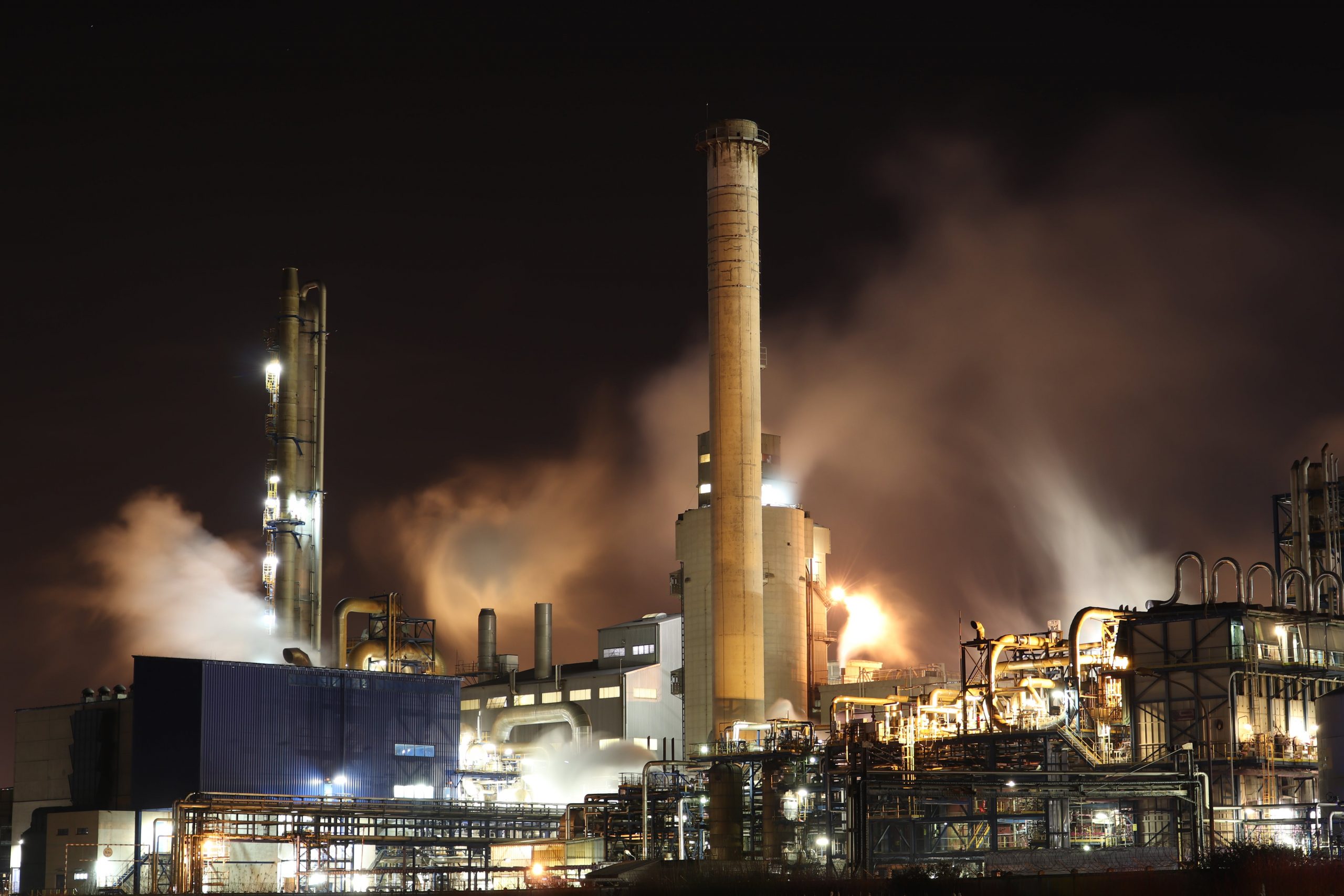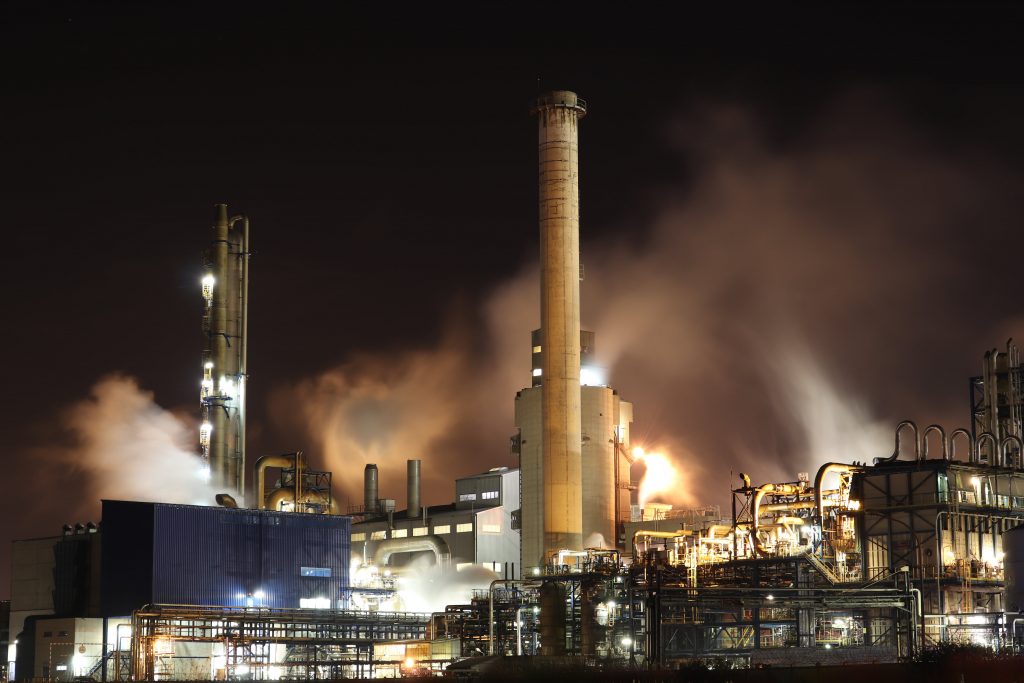Address
304 North Cardinal St.
Dorchester Center, MA 02124
Work Hours
Monday to Friday: 7AM - 7PM
Weekend: 10AM - 5PM
Address
304 North Cardinal St.
Dorchester Center, MA 02124
Work Hours
Monday to Friday: 7AM - 7PM
Weekend: 10AM - 5PM


Read also: CEMS.ID: Trusted Expert in CEMS Device Maintenance
Environmental protection is a shared responsibility, and one key aspect of maintaining a healthy environment is controlling PM10 particulate emissions. PM10 consists of small particles with a diameter of less than 10 microns that can pollute the air and endanger the environment and human health. Continuous Emissions Monitoring Systems (CEMS) technology helps enhance environmental protection by effectively monitoring and controlling PM10 emissions.
PM10 particulate matter consists of small particles that can remain suspended in the air, often too small to be seen directly. The origins of PM10 come from various sources, including industrial processes, transportation, and human activities. The danger of PM10 lies in its ability to enter the human respiratory system, causing severe health problems and damaging natural ecosystems.
Continuous Emissions Monitoring Systems (CEMS) is an advanced technology that allows continuous monitoring of gas and particulate emissions. However, CEMS’ role is not limited to monitoring. This technology also provides an effective solution in controlling PM10 partikel:

Read also: CEMS.id Innovation: Industrial Transformation Through CEMS Installation
CEMS provides real-time PM10 data, enabling quick responses when unwanted emission spikes occur.

Read also: Advantages of CEMS.ID in CEMS Installation
Facing increasingly stringent environmental regulations, CEMS helps companies comply with PM10 emission regulations.

Read also: Environmental Reliability: CEMS.id’s Contribution to Integration
Accurate data from CEMS helps companies identify ways to reduce PM10 emissions through process improvements.

Read also: Sustainability through CEMS.id Integration
With better PM10 emission control, we can protect the environment and prevent the negative impacts of PM10 emissions.
The use of CEMS technology in monitoring and controlling PM10 emissions offers significant benefits:
Accurate control results in lower PM10 partikel, creating a cleaner environment.
Companies that use CEMS demonstrate their commitment to regulatory compliance and maintain their environmental credibility.
PM10 particulate matter can pollute natural ecosystems, and CEMS helps prevent further damage.
PM10 emission control contributes to improved public health.
CEMS technology is a crucial solution to achieving better environmental protection. By using CEMS, we can efficiently monitor and control PM10 partikel, support a cleaner environment, and protect human health. Through these proactive measures, we can achieve a cleaner and more sustainable future.
